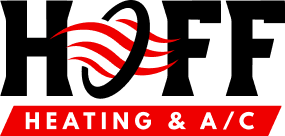Tips and Tricks for Finding Your Ideal Sleep Temperature
Why Good Sleep Matters High-quality sleep is essential for your overall health and well-being. As you sleep, your body rests, rejuvenates, and repairs itself. Throughout this process, the human brain consolidates memories, processes emotions, and regulates several bodily functions. While many people consider a good night’s rest to be at least eight hours, proper sleep is more than just a number. Doctors explain that a healthy amount of sleep includes uninterrupted rest, sufficient duration, and the proper progression through different sleep cycles. Quality sleep also plays a significant role in cognitive function, memory retention, and learning. By getting a good night’s sleep, you’ll be able to improve your concentration, focus, and problem-solving abilities. On the journey to satisfying sleep, the temperature can change everything. The optimal sleep temperature plays a big role in your ability to achieve restful sleep. As your internal thermostat works to keep a stable core temperature during sleep, a sleep environment that is too hot or too cold can disrupt the process. Additionally, feeling too hot as you sleep can lead to night sweats, restlessness, and frequent awakenings, while excessive cold can lead to muscle tension and discomfort. The Science Behind Sleep Temperature Scientists point out...
View Article Read More
 Call Us Today
Call Us Today
